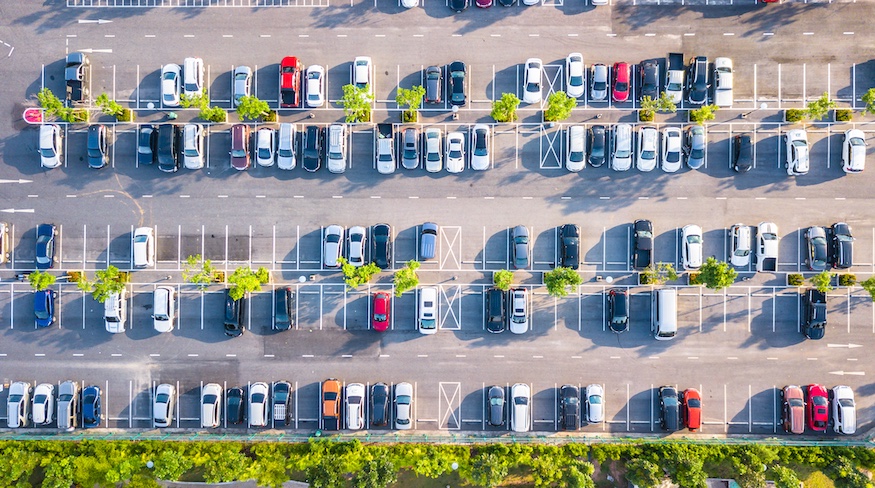More parking spots may soon be used for carshare vehicles on residential roads in the Hub as officials look to expand the DriveBoston program, in which the city rents out spaces in municipal lots and on neighborhood blocks to private companies like Zipcar.
According to a request for bids issued last week, Boston officials are planning to issue licenses for exclusive 24-7 use of 100 spaces in municipal lots and 150 on-street spaces throughout the city. Streets with daily overnight sweeping are exempt, but other blocks could see up to two new on-street designations apiece. Officials said they may hold public hearings on proposed locations.
The contract would be for up to three years. Spots in the Downtown and Seaport areas would cost $1,750 for every six months, while spots elsewhere would go for $1,350 for the same duration. There is a cap of 30 dedicated spaces in Downtown and the Seaport, and licensees are required to additionally have private spaces or “plans to install private space” before using public spaces, according to the bid.
Licensees will also provide usage data to the city to help show if the shared spaces are lowering miles traveled and decreasing car ownership. Boston officials said the data would be anonymized, with member data aggregated by zip code and operations data based on each space, not the member using it.
The DriveBoston program, which currently partners with Enterprise CarShare and Zipcar, already takes up 80 spots throughout the city. Users of the vehicles in those spots traveled more than a million miles in 18 months, according to city officials, with shared cars getting used for an average of seven hours a day.
“We saw through the success of our pilot program how DriveBoston can serve as an important tool to help us meet our Go Boston 2030 goals, working to relieve congestion throughout the City, free up curb space, and ensure travel is safe, equitable and accessible for all,” Boston Chief of Streets Chris Osgood said in a statement. “Through this RFP, we look forward to continuing this progress.”
Mark Chase, a lecturer in Tufts University’s Urban and Environmental Policy and Planning Department, said one shared vehicle can take 7 to 10 cars off the road, while one car can serve 20 to 50 people depending on the network of users. But the use of neighborhood streets could be a sore spot, he added.
“If you’re an average guy with a car looking for a spot and see a shared car in a spot you used to park in, that can cause aggravation,” Chase said. “But from a policy standpoint it makes sense and serves more people. … One thing that can help is if someone who abuts the space requests or sponsors it, someone who doesn’t own a car can say, ‘Why not put it in front of my house?’ Politically that makes sense.”
This article was produced in collaboration with the Boston Institute for Nonprofit Journalism. To support independent local reporting visit givetobinj.org.





















